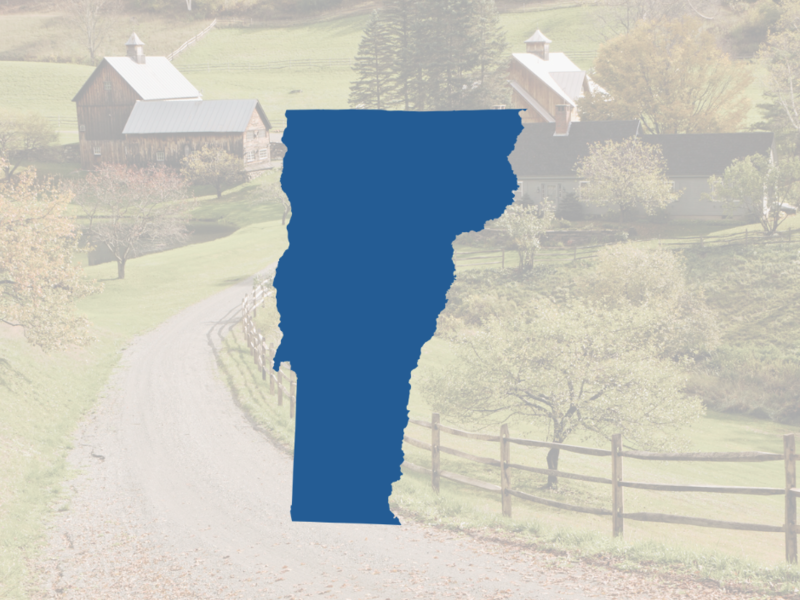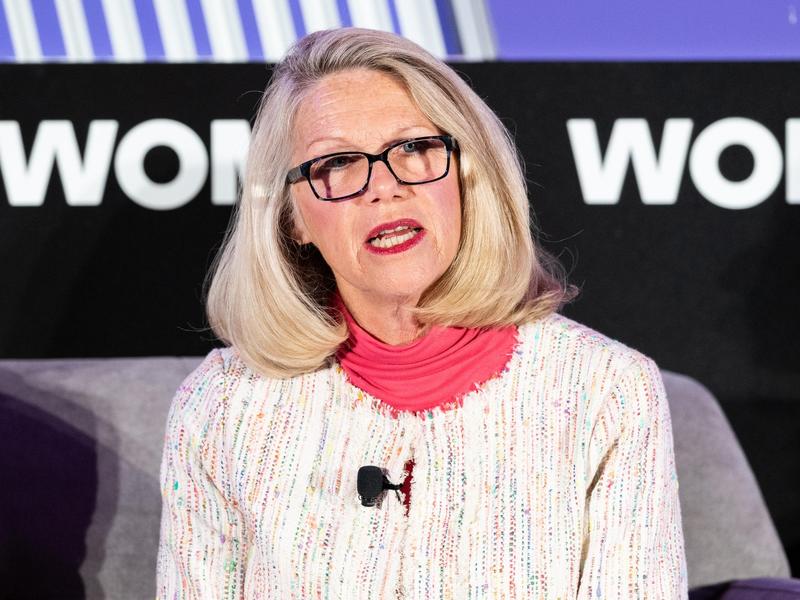
After this Saturday’s South Carolina primary and the 14 Super Tuesday state primaries three days later, we will have a better—though not necessarily definitive—idea of where Democrats are headed for their party’s presidential nomination. Presumably, Joe Biden will win the Palmetto State’s primary and build on his tally of 13 delegates, which is more than Elizabeth Warren’s eight and Amy Klobuchar’s seven delegates, exactly half of the number of Pete Buttigieg’s 26, and a bit less than a third of Bernie Sanders’s 43. The emphasis is now on delegates, not on the meaningless and too-often-used term, “winning” a state.
Establishment Democrats have their hair on fire over the increasing possibility, or even probability, of Sanders winning their nomination. They find him too liberal, temperamentally ill-suited, and potentially facing greater headwinds against President Trump than a less ideological, less polarizing Democratic nominee.
Sanders is right that polling to date has mostly had him running ahead of Trump and some surveys show him faring as well as Biden or other Democrats. If the November election is an up-or-down referendum on Trump, the president would likely lose. But if it is a referendum on democratic socialism, or about the generous statements Sanders once made about the Soviet system, there might be a different outcome. A choice between two polarizing candidates, as the 2016 race was—between Trump and his 60 percent unfavorable rating in Election Day exit polls and Hillary Clinton with her 54 percent unfavorable rating—will make the Democratic Party far less comfortable.
It is important to remember as well that the national poll numbers are distorted by Democrats’ levels of support in big and safe states like California and New York, while Republican voters are much more efficiently allocated around the country. The gap between the popular and electoral voters may well be wider than it was in 2016, and that does not work to the advantage of Democrats. How would the opposition-research file on Sanders hold up in swing states?
In some respects, for those who believe that a more conventional Democrat would be a stronger standard-bearer in November, the debate last Tuesday was pretty close to a worst-case scenario. Among Biden, Michael Bloomberg, Buttigieg, and Klobuchar, arguably three of them need to get out of this race immediately—or should have done so a month ago. The fact that all four did fine in the debate just perpetuates this four-way split, increasing Sanders’s chances for victory.
So which of those four is in the best position to stop Sanders? There are legitimate arguments that can be made for each. My National Journal colleague Josh Kraushaar argues that Biden is the only Democrat who can beat Sanders, because of his broad-based support. There are others who argue that Klobuchar has the fewest negatives of the major Democrats and that she would have the best shot to derail Sanders and beat Trump in a general election. Still others make the case for Buttigieg. While I can see merit in the arguments for each of the three, my view is that for all of their many fine qualities, Biden, Buttigieg, and Klobuchar have no chance of raising the money to compete with Sanders on Super Tuesday or in the 11 other states that hold primaries by the end of March. In 2019, Sanders raised more money than the three of them combined, and nothing has changed since then. This campaign is now effectively a national contest, and that requires a lot of money. Of Sanders's competitors, only Bloomberg can claim that.
Let’s assume for argument’s sake that Sanders is the Democratic nominee. What would that mean for control of the House and Senate? Some are already drawing comparisons with the 49-state reelection victories that Richard Nixon had over George McGovern in 1972 and Ronald Reagan enjoyed over Walter Mondale in 1984. A good case can be made that in today’s hyper-partisan political culture, routs are highly unlikely.
Cook Political Report House Editor David Wasserman urges some caution in assuming that the House will flip Republican if Sanders is the nominee. He argues that Sanders might actually run better than Hillary Clinton in blue-collar districts. Further, an expected Trump victory could lead voters to provide a check and balance on him, as some believed happened in 1972 and 1984. Then, the GOP made modest gains in the House, but Democrats picked up two Senate seats in each year, despite the landslide at the top of the ticket. Finally, many of the current Democratic freshmen in previously Republican districts have huge financial advantages. It is also true that filing deadlines have passed in many states, making it hard to switch out weak challengers in favor of stronger alternatives.
But Jessica Taylor, Senate and governor editor for The Cook Political Report, points to dangers for Democrats in Senate seats with substantial suburban populations. She writes that “Sanders has shown little willingness to try to expand his base beyond what it's been for four years or welcome others into the fold. And while he may tout being able to bring in new voters, we didn't see a marked uptick in the early contests thus far. And while tying down ballot Democrats to socialism didn't stick in the midterms—because the winning candidates were in the middle with more centrist, pragmatic positions—it's much more likely to resonate if there is an avowed Democratic socialist leading the ticket. “
Politics rarely runs in a straight line without any twists or turns, but the last few months have been unusually treacherous for anyone trying to look down the road. There is not much reason to believe that things will get straighter, flatter, and smoother.
This story was originally published on nationaljournal.com on February 28, 2020









Subscribe Today
Our subscribers have first access to individual race pages for each House, Senate and Governors race, which will include race ratings (each race is rated on a seven-point scale) and a narrative analysis pertaining to that race.